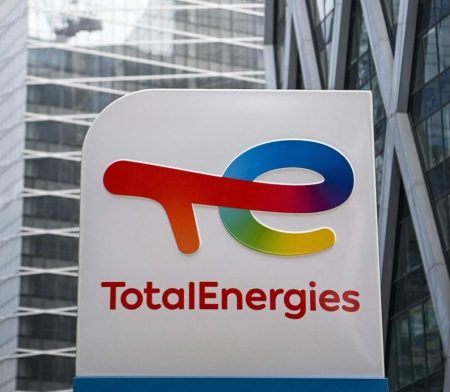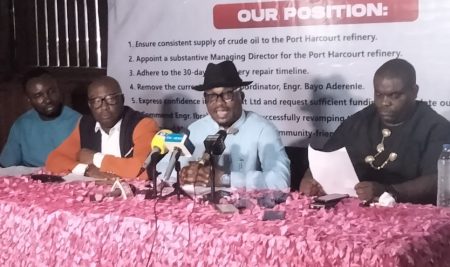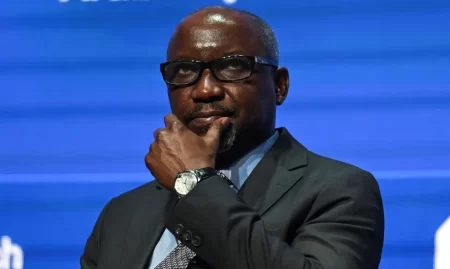
…Call on JV’s to operate as separate corporate entities
09 June 2017, Sweetcrude, Lagos — An Economic expert has revealed that right fiscal and legal framework, basic infrastructures, security and full deregulation of the downstream oil sector will guarantee Nigeria oil and gas sector to be the preferred investment destination.
Mr. Johnson Chukwu made this known while speaking with newsmen in Lagos, and opined that the desire of the petroleum ministry to see the oil and gas sector attract good Foreign direct investment before the end of the year may never be achieved if government continues with the delays in passing all the parts of the petroleum industry and governance bill.
Even though the Minister of state of Petroleum Resources , Dr Ibe Kachikwu had recently developed a new policy document couched ‘The 7 Big Wins,’ that will compressively address the issues of policy and regulation, business environment and investment drive, gas revolution, refineries and local production capacity, Niger Delta and security, transparency and efficiency, as well as stakeholder management and international co-ordination.
Stakeholders had applauded the initiative of the Minister but maintained that government must show a great political will to effect the policy and other necessary fiscal framework that are the catalyst to make the oil and gas sector a preferred investment destination.
Chukwu who is also a public analyst and Founder of Cowry Asset Management Limited argued that for Nigeria oil and gas sector to be a preferred investment destination there must be enabling law.
According to him: “Today we have had a long period of low investment in the oil and gas because of the absence of a fiscal legal framework. So when government comes up with a fiscal legal framework, it will catalyze the whole system. Good a thing the senate has passed the PIGB. When the whole bill is passed, it will create a level of certainty for investors.”
He reiterated that Nigeria has sweet crude, which is easy to refine adding that “Also we are a gas country, we have much gas than crude. So if we have the right fiscal and legal framework it will help the investor to come into the country to invest’.
On the PIGB, Chukwu stated that it is unfortunate that is has been on for the past 16 years. He insists that Investors cannot come to invest in an environment where they cannot ascertain what is available for them, what they are dealing with, will government meet up with her cash calls or not.
He called on the government to ensure speedy passage of all parts of the PIGB stressing that the issues of JV call should be made firm.
“It is a key element in the PIB. And the government should exist the issue of all Joint venture cash calls. JV’s should operate as separate corporate entities which they can borrow in its own name, Chukwu noted
Speaking on the expected impact of the new roadmap, Kachikwu said investments in Nigeria’s oil and gas sector, which took a downturn in the recent past would soon pick up following the conclusion of a review of the country’s Joint Venture Cash Call (JV) framework.
According to him, on the back of the review, a lot of oil and gas investors are pushing to come back and invest heavily in the country’s oil and gas sector.
He said that there would be an explosion of investment in the sector soon. Kachikwu also said there were plans by the government to review the mechanism of securing oil and gas installations in the country to conform with standard practices as obtained in other oil and gas producing climes.
Also recall that as part of efforts towards reforming the oil and gas industry, the Ministry of Petroleum Resources (MPR) released the Draft National Petroleum Fiscal Policy. The release of the Policy follows the renaming of the Petroleum Industry Bill (PIB) to “Petroleum Industry Reform Bill (PIRB)” and breaking this up into two separate bills to address one of the major challenges bedeviling legislative passage of the PIB.
The purpose of the policy is to provide a fiscal framework that will guide the planning and development of petroleum activities in an efficient manner and ultimately lead to the socioeconomic development of Nigeria. The government is also interested in increasing revenue generated from this sector of the economy by making oil and gas sector preferred investment destination.



